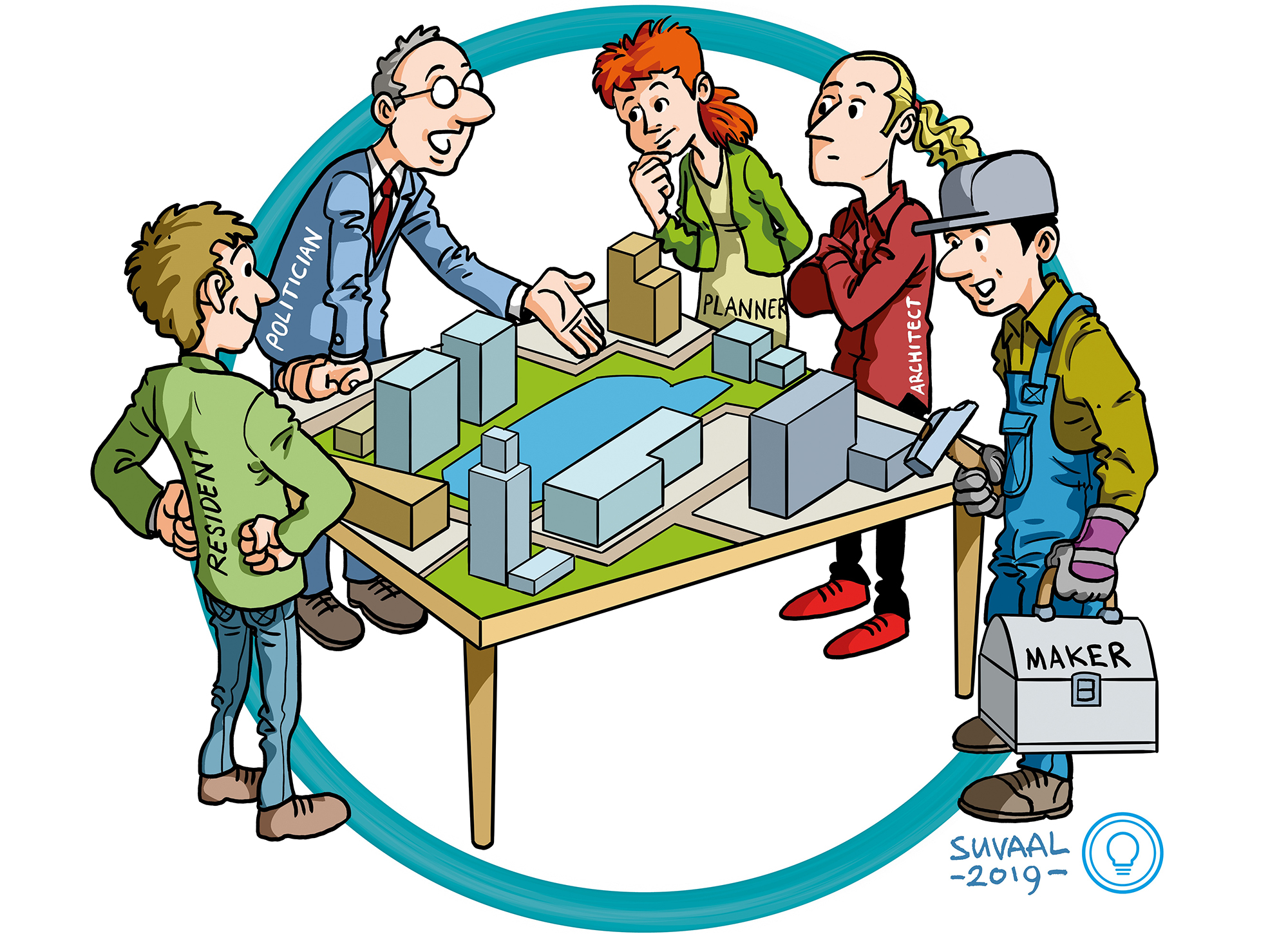Cities of Making - Resources for activating new urban industry through technology, spatial design and transition governance
Theme: Social Impact


A TRL is a measure to indicate the matureness of a developing technology. When an innovative idea is discovered it is often not directly suitable for application. Usually such novel idea is subjected to further experimentation, testing and prototyping before it can be implemented. The image below shows how to read TRL’s to categorise the innovative ideas.
Summary of the project
Following years of decline and offshoring, European cities are being confronted by a range of issues simultaneously: manufacturing jobs have shifted quickly to services and have created large gaps in the employment market, concepts such as circular economy are being taken seriously by cities and finally new technology is emerging allowing industry to be quieter and more discrete. The researchers aim to explore the future of urban based manufacturing in European cities in terms of technology, resources, place and application. Using a combination of strategic and action research, they want to identify what works in supporting a resilient and innovative industrial base, and to test those solutions in a real-world setting. The researchers will learn from experiences in London, Rotterdam and Brussels – each with a distinct industrial heritage.
Cities of making integrates three domains - space, governance and material technology, and is unique in that it combines multiple research methods to study the enabling factors for developing manufacturing as part of cities. The TU Delft team focuses on the spatial conditions and potentials for the establishment of different types of ‘making’ businesses through a triangulation of field work, GIS mapping, spatial statistics and policy analyses.
-
The research so far conducted indicates that manufacturing is not integrated well enough in spatial plans cities develop. Global players are being facilitated for finding a place to set up their business, whereas SME’s have to find their own way in finding a suitable and permanent location for their business.
By the end of the project the consortium will have developed an instrument providing tools for more effective policy implementation. This instrument will be targeted to public authorities and relevant stakeholders to breathe new life into their manufacturing communities.
What's next?
The next step for this research project is to develop this instrument for how urban -based manufacturing can best be stimulated and developed in cities. The researchers will spread the lessons learned by presenting the results of the project in various places. Subsequently, the researchers see potentials to expand their work on topics such as increasing the social acceptance of industry in living environments, or the impact of technological innovations for the built environment.
Prof. dr. ir. Han Meyer
DI. Birgit Hausleitner
Dr. Víctor Muñoz Sanz
